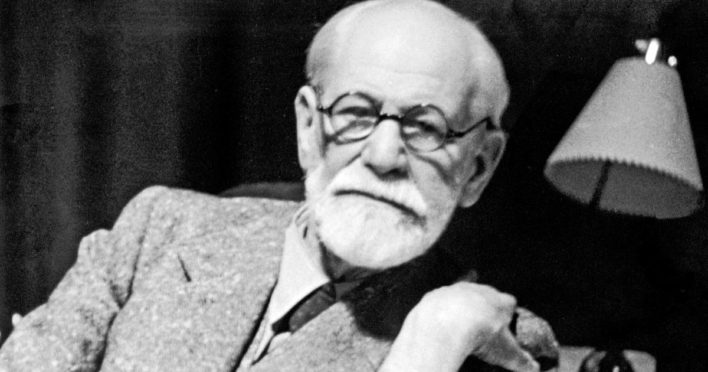What does Google want?
Freud famously commented, over a hundred years ago, that:
“the great question that has never been answered, and which I have not yet been able to answer, despite my thirty years of research into the feminine soul, is ‘What does a woman want?”
Today the great question is different.
Millions of pounds, dollars and yen are poured into research that aims to answer exactly what does a search engine want.
After all, to understand how you can optimise your site for search engines you, first and foremost, have to understand what they want.
How do search engines decide what to rank and where – and why do they make these decisions?
Well… It’s time to let you into a secret…
[Stage whisper] No-one knows!
Not even the most respected SEO expert can lay their hand on their heart and say they know exactly what makes certain pages rank over any other.
What’s more, as we saw in the last post , the algorithm that determines this is constantly changing.
Before I dive into the deep waters of Google’s ranking factors in the next post I’d like to take advantage of my position on the diving board to get an overview of Google’s philosophy.
The user-centric philosophy of Google
For all its smoke and mirrors around its ranking factors, Google has never been less than upfront about what it wants.
And it’s staggeringly simple.
It wants to return the ‘best’ results to each search query.
- This means the most relevant result.
- This means the most useful result.
- This means the result that best can provide all the answers to what lay behind the search query (the search intent).
Google wants, above all else, to deliver a good user experience.
It always has, and it looks like it always will.
After all, this is a central part of its philosophy.
Google’s philosophy
This focus on the user is startlingly clear in the publicly stated founding principles of Google which can be seen here.
“Google’s mission is to organise the world’s information and make it universally accessible and useful.”
Let’s break that down:
Google wants to organise (crawl and index)
the world’s information (web pages)
and make it universally accessible (through its search engine)
and useful. (thanks to its ranking algorithm).
Google goes on to spell out its philosophy even further in its ‘Ten things that we know to be true’ (here).
The first of its magic ten is – surprise, surprise – all about the user.
Here’s what it says:
“1. Focus on the user and all else will follow.
Since the beginning, we’ve focused on providing the best user experience possible.
Whether we’re designing a new Internet browser or a new tweak to the look of the homepage, we take great care to ensure that they will ultimately serve you, rather than our own internal goal or bottom line.Our homepage interface is clear and simple, and pages load instantly.
Placement in search results is never sold to anyone, and advertising is not only clearly marked as such, it offers relevant content and is not distracting.And when we build new tools and applications, we believe they should work so well you don’t have to consider how they might have been designed differently.”
If Google is so obsessed with the user – shouldn’t you be?
Google doesn’t just focus on the user for itself – it desperately wants you to do the same.
This is pretty much spelt out in the fourth of its ten virtues:
“4. Democracy on the web works.
Google search works because it relies on the millions of individuals posting links on websites to help determine which other sites offer content of value.
We assess the importance of every web page using more than 200 signals and a variety of techniques, including our patented PageRank™ algorithm, which analyzes which sites have been “voted” to be the best sources of information by other pages across the web.
As the web gets bigger, this approach actually improves, as each new site is another point of information and another vote to be counted. In the same vein, we are active in open source software development, where innovation takes place through the collective effort of many programmers.”
It is the users (individuals) that the Big G rather disingenuously claims are determining which websites rank.
That’s web democracy in action.
All Google says it does is develop a complex algorithm of more than 200 signals to understand this.
How modest!
Let’s place all this high-flown talk back into the real world.
The best way to understand what a good user experience may look like to a search engine is to consider your own use of search.
- When you see a link on a SERP that looks right you click on it.
- When you get to the site you stay for a while if it’s useful.
- And you probably view a few more pages or watch a video.
- You may sign-up to a newsletter or make a purchase.
- You occasionally bookmark a site, share it on social media or link to it from your blog or on a forum.
Whenever you do any of this Google is watching and wondering: is this the sign of a good user experience?
Want to know how it does this?
Then, it’s time to look much closer at the ‘Google ranking factors’.
And we’ll do that in the next post, but if you can’t wait head over to Amazon and buy my Fast track SEO course – at £4.99 and nearly 600 pages of easy to read advice it promises a great user experience.
Find a list of all posts in the Fast Track SEO series here.

